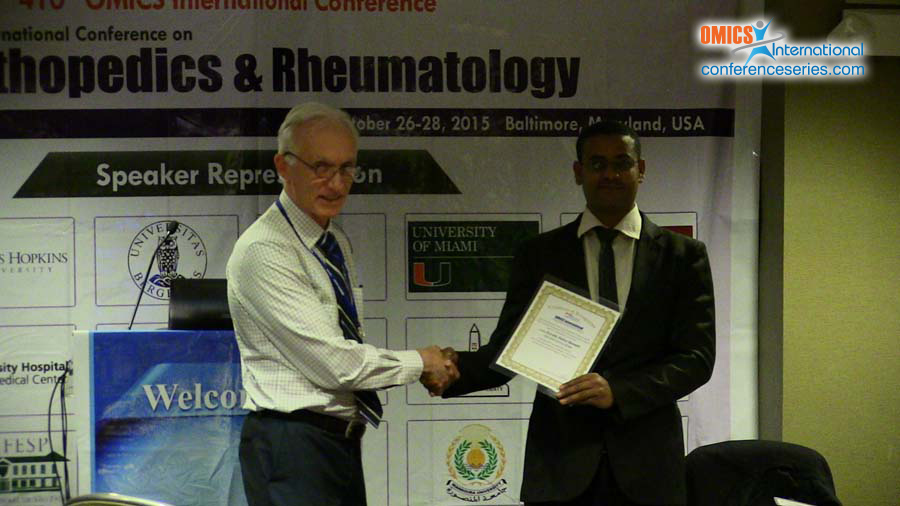
Zewudu Tadese Shemelis
Addis Ababa University, Ethiopia
Title: Major current problems with orthopedic related disability in Ethiopia
Biography
Biography: Zewudu Tadese Shemelis
Abstract
Disability is one of the social problems prevalent in our country. According to the International Rehabilitation Review, about 10% of the world’s population has disabilities of which 80% found in developing countries. In accordance with developmental social welfare policy (1996) of the Federal Democratic Republic of Ethiopia, a total of 23 types of disabilities have been identified in a country. Studies carried out indicate that 85% of all disabled citizens live in the rural areas and with regard to this problem, children and elders are the most vulnerable segments of the society. According to the country’s profile, study on persons with disabilities carried out by Wa’el International Business and Development Consultant (2000) 1,488,892 disabled citizens are found in Ethiopia. Out of this, about 833,653 (56%) are found in Oromia National Regional State. Persons with disability in Ethiopia do not often have access to rehabilitative services; simply because the availability of these services are very much limited. Furthermore, background societal attitudes and prejudice against the victims perpetuate fatalism, that is, the victims and their loved ones would rather learn how to live with the problem accepting it as God’s will than seek remedy for it. The rehabilitative services that are available today for persons with disability in our country emphasize institutional care are costly and, therefore, greatly limited to the number of beneficiaries. Worse yet, the institutions are very few and urban–concentrated and thus exclude the majority of those who need these services.


